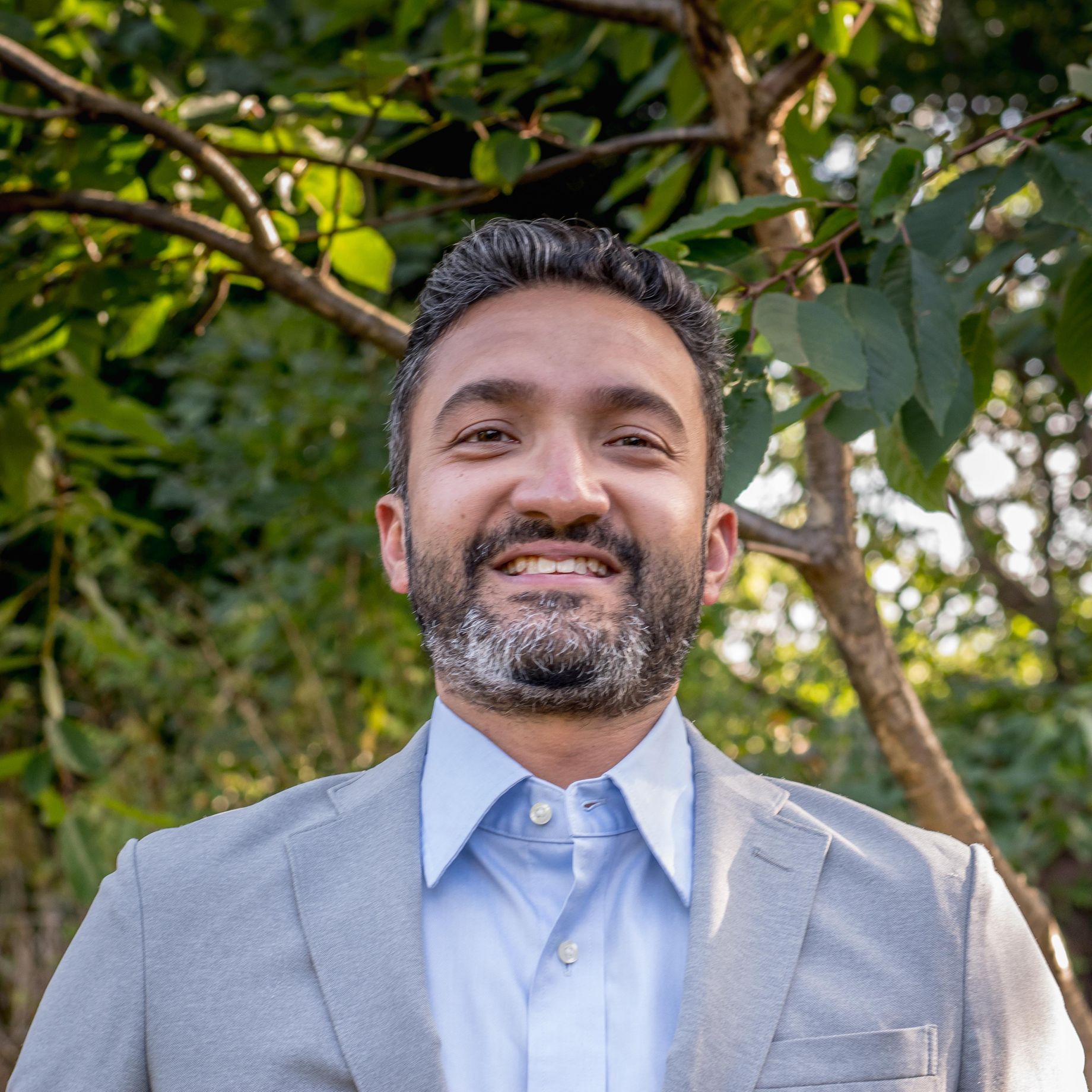Commodification, Climate Change, and Sovereignty
European politics is beset by two seemingly divergent crises of liberal democracy and climate change. On the one hand, resurgent authoritarian movements cast climate change as a hoax and environmental movements as elite cosmopolitan plots against national freedoms and prosperity. At the same time, we also see the rise of far-right, 'ecofascist' movements that accept the fact of climate change, but as grounds for mortal civilisational combat, which then finds political expression in a demand for the expulsion of migrants – often themselves the victims of environmental collapse. My hypothesis is that a significant part of this malaise is caused by ‘commodifying’ the environment. This rests upon a deeper commodification of the public sphere itself, such that sovereignty is imagined as an office of ‘dominion,’ and the rights of refugees as claims to an equitable share of the earth’s land and resources as if these were fungible commodities to be bought and sold. In contrast, I argue, relying upon Kant’s philosophy of right, that the environment and the relevant sovereign obligations should be conceived as the inalienable ‘body’ of the political community, and the climate change refugee’s most basic right as one of membership in a political community.


